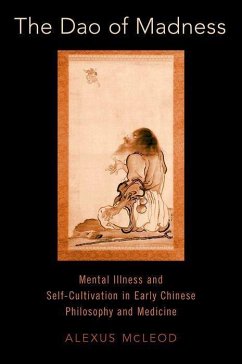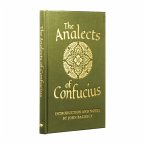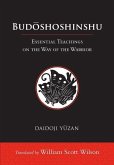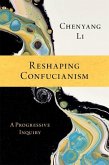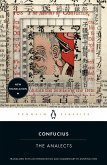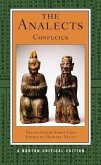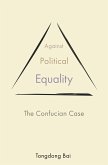In The Dao of Madness, Alexus McLeod discuss three different accounts of the concept of "madness" (kuang) in early Chinese thought, and the origins of the conception of mental illness in early China. Madness is discussed in early Chinese texts in connection with personhood, self-cultivation, and agency. The book explores the role of madness in Confucian texts, which take madness as the result of flawed character, and in the Zhuangzi and related texts, which celebrate madness as an alternative and unbounded view of the world. The attempt to solve some of the problems inherent in these earlier views of madness leads to the "medicalization" of madness and mental illness more generally in Han Dynasty texts, and the origin of the Chinese medical tradition. Understanding these crucial links between the medical tradition and the philosophical tradition in early China clarifies early views of personhood, agency, and self-cultivation.

